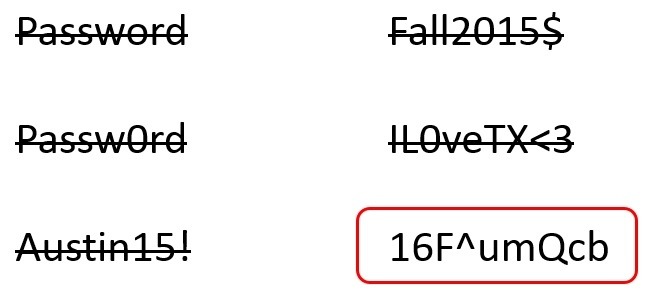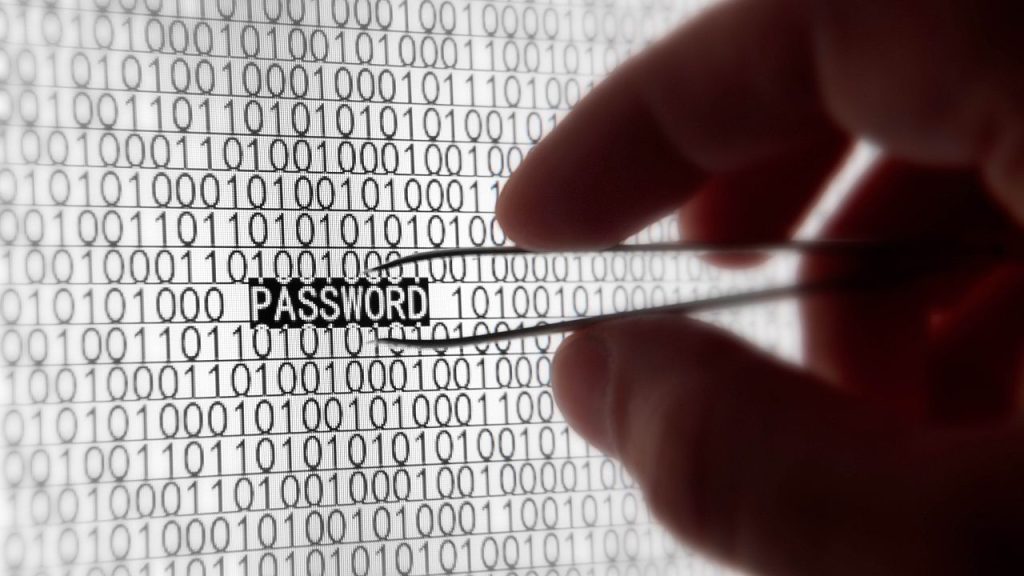They say that the most used passwords are always the same (example: 123456, password, qwerty, etc. …), or in any case referable to birth dates or memorable moments of someone’s life.
Well, using public characters or real places is not a good idea anyway: in fact there are some software (like John the Ripper) that are able to use huge dictionaries, able to perform a brute-force (see here) and find even more complex passwords in a few minutes.
For example: to discover ‘login’ or ‘password’ or ‘america’ takes only a few seconds (!).

When surfing the internet it is necessary to create dozens of passwords (which would be better to have them all different!), and it is always recommended to create them with quite complex patterns.
For example, from the <uppercase><lowcase><number><special character> pattern, you can create Ab0′, or if of 8 characters abaB00-?
You know very well that remembering even 5 of these passwords is very difficult (and carrying a piece of paper is NOT the right solution).
How to remember a very complex password.
Some Ethical Hackers (White Hat) from Red Team Security, a Minnesota security company, have also wondered about it.
The group says that in order to have a strong password (that resists brute force attacks), all you have to do is to make up a sentence that makes sense or is easy (for us) to remember, and from this, keep ONLY the initial letters.
For example: “In July I was 7 days at sea”, it would become “ijiw7das“.
Or, always from that sentence, to hold the first 2 letters: “InJuIWa7DaAtSe” (in such case only we will know to take n letters).
These kind of passwords are practically unpredictable, because they are not full meaning words, and for this reason they are not present also in hypothetical rainbow-table.
So you will have a password complex enough to be accepted by many sites, unique enough and therefore unpredictable.
Moreover, you have reached your goal, remembering it!

